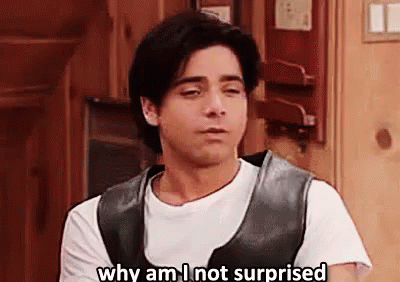From The New York Times:
Under President Moon Jae-in, South Korea has raised taxes and the minimum wage in the name of economic growth. So far, it hasn’t worked out as planned.
Growth has slowed, unemployment has risen and small-business owners like Moon Seung are complaining. Mr. Moon, founder of an auto parts maker called Dasung in Incheon, an industrial town near Seoul, says his labor costs were up an extra 3 percent last year after the minimum wage rose to 7,530 Korean won, or about $6.70, an hour. That may not sound like much, but it ate into his razor-thin profit margin and prompted him to stop hiring.
“We can’t take it,” Mr. Moon said. “This is a problem not just for the employers, but for the employees.”
The NYT is quick to recover:
The discouraging early results don’t mean that Mr. Moon is wrong and Mr. Trump is right. Wage growth in the United States, though stronger in recent months, has generally remained stubbornly low despite the tightest labor market in a generation, and the American economy is widely expected to slow in 2019 as the economic sugar rush of Mr. Trump’s tax cuts wears off. Pro-business policies in Europe, where labor laws are being loosened, have been met with large-scale protests.
That’s true, but large-scale protests don’t mean that strict labor laws are right either. The article continues:
Mr. Moon aims to improve the incomes of average Korean families so they will consume more, thus reducing the economy’s reliance on exports and, with them, the ups and downs of the global economy. (Exports accounted for 43 percent of South Korea’s gross domestic product in 2017, compared with 20 percent for China.)
But joblessness hit an eight-year high in August of 4.2 percent after the new minimum wage took effect, though it has since improved. Growth was at 2 percent in the third quarter compared with the same period a year earlier, down from 2.8 percent in the second quarter.
The biggest problem is the strain on small businesses, which are often unable to pass on higher costs to their customers. In a 2017 survey of its members by a small-business organization known as Kbiz, 42 percent said they would be forced to shed employees because of the minimum wage increase.
Unsurprisingly, “Some union leaders argue that the minimum wage is not rising quickly enough, and they objected to a proposal that would give businesses more flexibility in meeting limits on working hours. On Nov. 21, an estimated 160,000 workers went on a general strike.” Some experts remain optimistic:
“It is difficult to catch two birds — economic growth and even distribution — with one stone,” said Jung Yoo-shin, dean of the Graduate School of Management of Technology at Sogang University in Seoul. “He needs more time.”
Frederic Neumann, co-head of Asian economics research at HSBC in Hong Kong, said South Korea’s export-led economy had been hurt more by the slowdown in global growth than the higher minimum wage. Though he is forecasting lower growth for South Korea in 2019, Mr. Neumann said lifting wages among lower-income people was good for the economy.
Maybe. Or maybe we should look at the economic evidence for minimum wage hikes.
